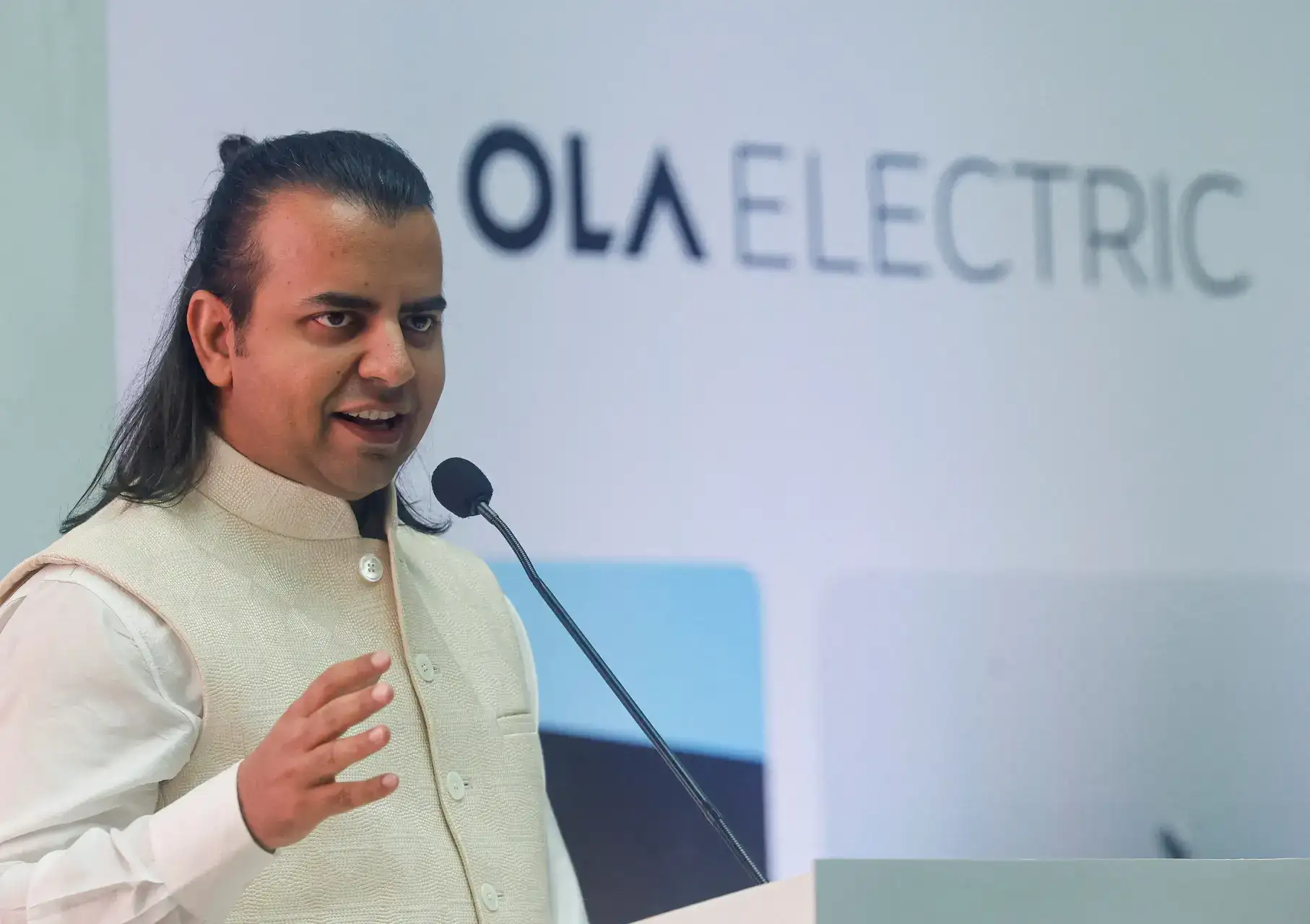[ad_1]
Z47, formerly known as Matrix Partners India, sold less than a 1% stake in Ola Electric during the three months to June. It earned up to Rs 187 crore from this share sale.
The investor now holds a 1.93% stake, or around 8.5 crore shares, in the electric scooter maker. At the last closing price of Rs 41 per share, this amounts to Rs 347 crore.
Also Read: Exclusive: Ola brand IP may transfer to Bhavish Aggarwal’s family office amid group restructuring
Z47 first invested in Ola Electric in 2019, putting in a total of Rs 107 crore. The venture capital firm is also invested in the ride-hailing arm Ola Cabs and the AI venture Krutrim.
ET reported in October last year that Z47 is trimming stake in Ola, business-to-business (B2B) commerce company OfBusiness, fintech firm Razorpay, and local language content app Dailyhunt, to net $150–180 million.
Meanwhile, Tiger Global Management brought down its stake in Ola Electric to 3.24% at the end of June 2025, from 3.45% three months ago. The company now holds Rs 585 crore in the EV maker through its Internet Fund III.
In June, Hyundai Motor Company and Kia Corporation sold around 10.88 crore and 2.7 crore shares, respectively, earning Rs 552 crore and Rs 137 crore.
Ola Electric shifts focus to profitability
Ola Electric’s operating revenue for the first quarter nearly halved from a year earlier, and its loss widened, as sales took a hit amid intensified competition in India’s E2W market. The company posted a net loss of Rs 428 crore on revenue of Rs 828 crore for the quarter ended June 30. While net loss widened from Rs 347 crore a year earlier, it narrowed to less than half from Rs 870 crore in the January-March quarter. It had posted operating revenue of Rs 611 crore in the March quarter.
The company has now changed tack to target profitability, said founder and managing director Bhavish Aggarwal on an earnings call.
“We have transitioned from aggressive penetration to a more balanced, profitable growth strategy,” Aggarwal said. “The industry is consolidating after a hyper-growth phase and will see another surge in the near future. Until then, it’s time to consolidate operations.”
[ad_2]
Source link


